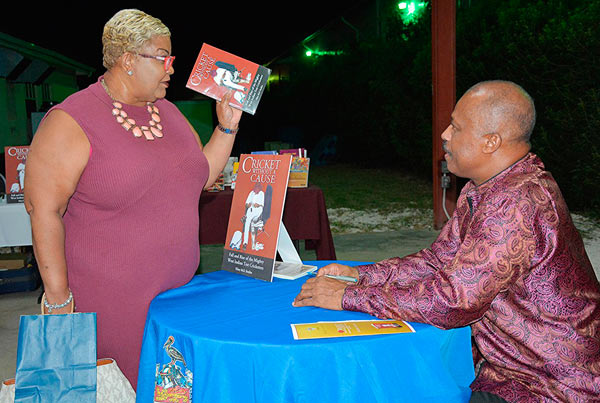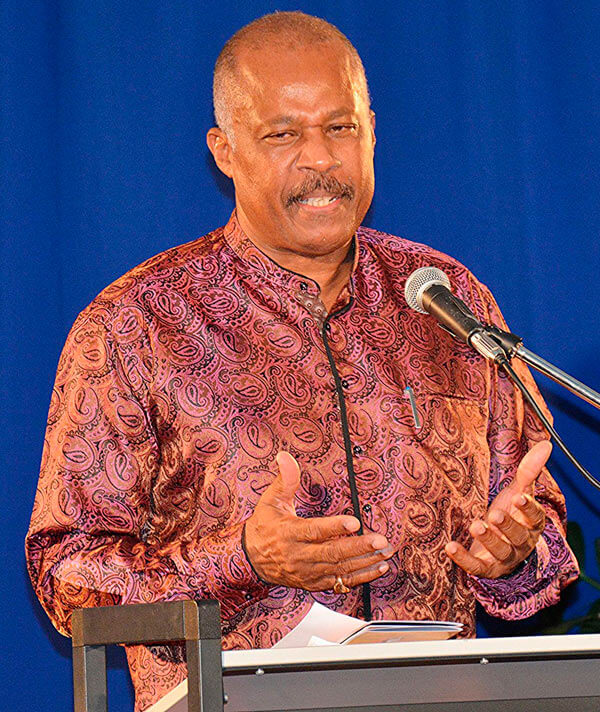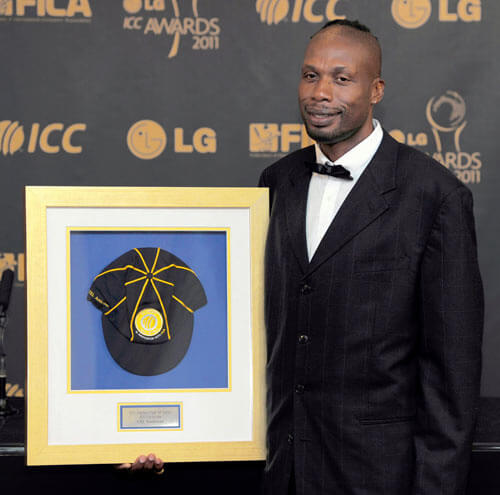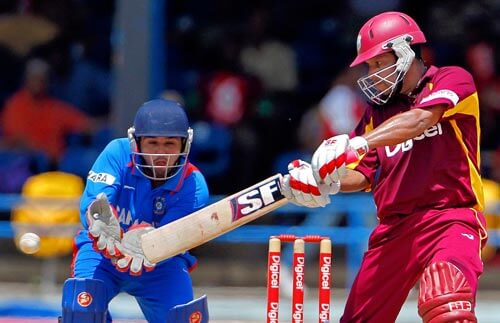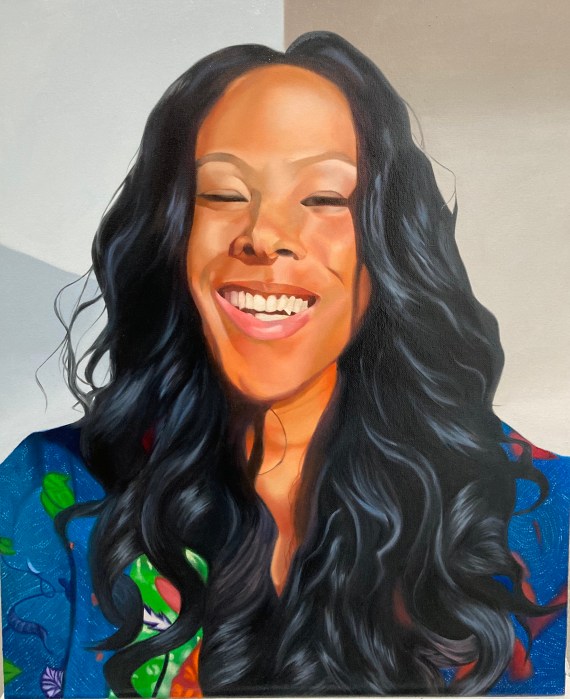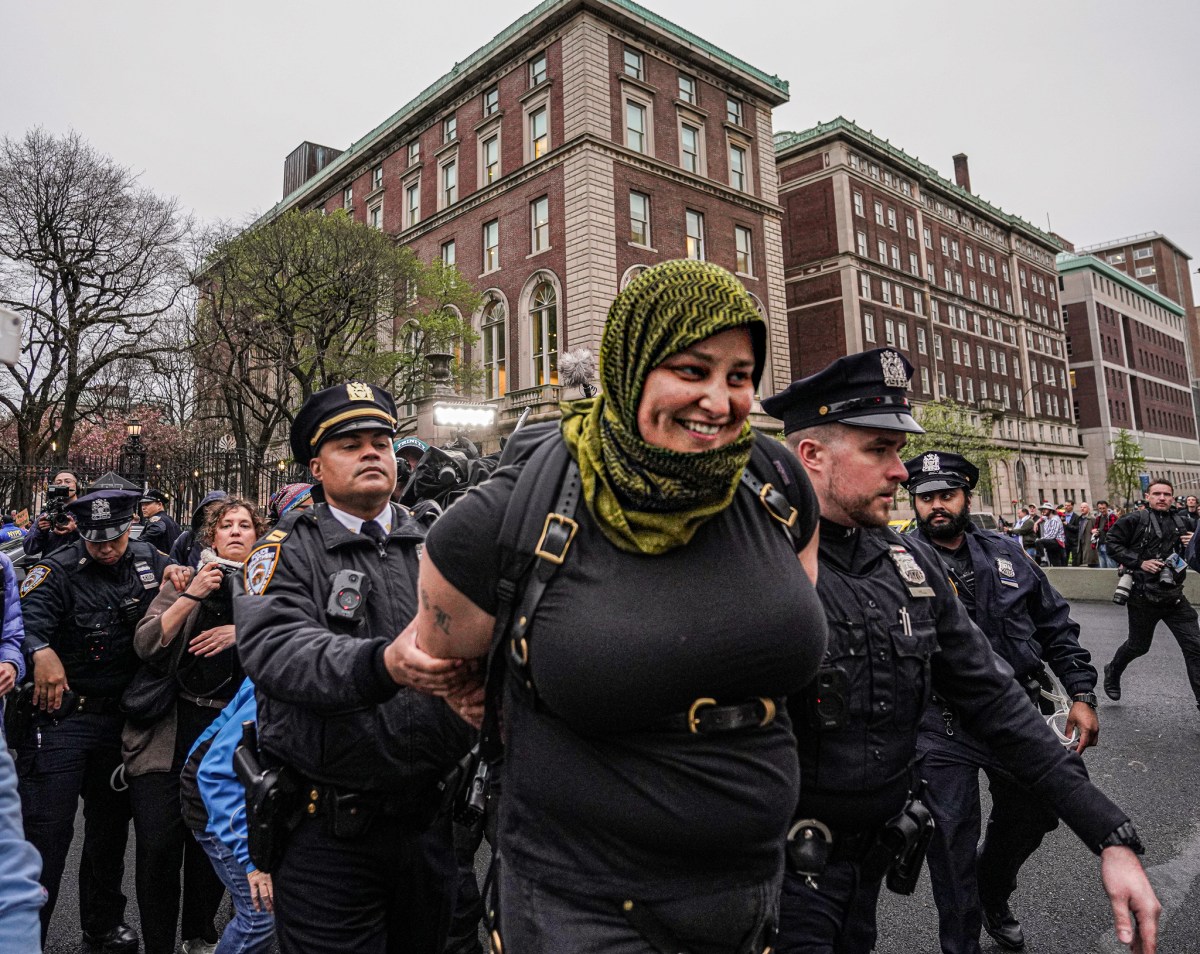Cricket is not played just on the field, it begins in the community from which players emerge, and the Caribbean environment has been producing individuals who put self before country, said historian Hilary Beckles.
For this reason, the University of the West Indies vice-chancellor has laid blame for West Indies cricket being in the doldrums for the past 20 years squarely on polices laid down on societies of the region by the International Monetary Fund, which he contends takes away from the poor and gives to the rich and big business.
He said that much of the decline in quality of players and the absence of their dedication to country and region is to be blamed on a selfish approach by players who put personal enrichment over national interests.
“That is the new mindset, but I do not blame cricketers for this mindset,” Beckles said.
Beckles recently used the opportunity of a launch of his book on West Indies cricket to slam the fund for what he said was the economic destruction its programmes caused in Caribbean societies where IMF policies benefit only the upper class and the corporate sector, while the wretched conditions it created for the masses contributed to the fall of West Indies cricket.
Beckles had authored 13 books on various aspects of Caribbean society before penning the new release, ‘Cricket without a Cause: fall and rise of the mighty West Indian Test Cricketers.’
As the title suggests, Beckles’ book chronicles the progress and struggles in this game that holds great significance to people of the English-speaking Caribbean.
He explained, “in the book I argued this is an issue of the education, it is not about cricketers.
“It’s about why it is that after 50 years of independence we still have half of our citizens trapped in ghettos, living in the most deplorable environments imaginable.
“Almost every country in the Caribbean in the 1990s, in the decade of decline … was under an IMF programme in one way or another.
“To one level of intensity or another the IMF had taken over the Caribbean because our economies were all collapsing.
“And these are the societies — the societies that have been cut off by the governments, left to fend for themselves in poverty — these are the communities that are producing the cricketers.”
The vice-chancellor said that when the Caribbean young cricketers emerge from these downtrodden societies where the struggle everyday is one for personal existence, “they come with a hardened attitude towards their governments, an indifferent attitude towards their societies, and an aggressive sense of surviving as an individual.”
Beckles said that he shared his opinions with IMF Director, Christine Legarde, during a meeting with her in his office in Jamaica earlier this month when she had visited that island for the sixth IMF High Level Caribbean Forum.
The foremost Caribbean academic said that he told Legarde, “while you are pouring millions and millions of dollars into the governments to stabilise these economies, the beneficiaries of all these IMF programmes are the upper class, the corporate class, the big companies, and the victims of all of your programmes are the working poor people, and these are the people who are the majority.”
Given these conditions he asked Legarde, “so what is the future of democracy of the IMF continues to dominate the Caribbean?”
He told his Monday night audience that in the conversation with the IMF head, “I was concerned about the fact that these young cricketers are coming from these dis-enfranchised communities.”
But there is hope Beckles said and pointed to a crop of cricketing youngsters led by Jason Holder, who are learning to balance pride of country with the lure of big money offered by clubs in the shorter form of the game.
